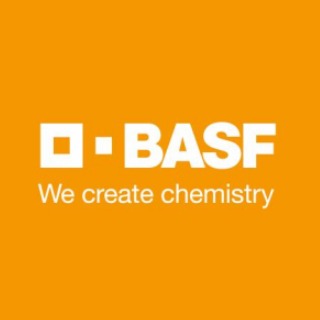At JSR we always manage the business in such a way that we are able to ride out the downturns and take full advantage of the upturns. This requires strict discipline in fields such as budgeting and planning and still proves to be a complex and tricky process, especially when commodity prices have been so volatile.
There are fundamental things that we as pig producers can do to try to reduce the effect of market volatility, overcome financial challenges and maximise profit making potential. The following ten tips are ones that we use to provide us with a degree of stability in an erratic economical environment:
1. Plan effectively -
This is a continuous process and is not always popular with staff members who are keen to just get on and do the job. However, planning does give you the chance to take a step back from day to day jobs and take time to think about what you are doing and why you are doing it. Now is a good time of year to be thinking about the future and planning for the New Year.2. Budget -
This can be considered as part of the planning process and is normally viewed in the same way, but a detailed budget enables you to examine the sensitivities - what happens if feed price goes up £5/tonne or we increase slaughter weight by 5kg.3. Minimise your risks
- Buying your feed ingredients forward allows you to take a longer term view and reduces volatility in the feed costs. You don’t have to buy it all forward, but can take, for example, 25% over the next 3 to 12 months to give yourself some knowledge of what the price for your feed will be over that period.If you have made a budget then you can also buy forward based on your budgeted prices, for example, if your budget has wheat in at £120 and you can still get some at £110 then buying it at that will, of course, be an improvement on your budget. This becomes particularly relevant during unstable periods when predicting or estimating future wheat price is increasingly difficult.
4. Keep good management information -
At JSR we use several Key Performance Indicators (KPIs) which we monitor on a regular basis. This is to understand how the business is performing and to assist in identifying any critical issues at an early stage. These include feed usage per pig, feed cost, farrowing rate, mortality etc. A number of specific targets are listed below:1• A Meat per Tonne of Food (MTF) ratio of 325 kgs of Saleable Meat per tonne of rearing feed.
• A commercial production target of 25 pigs sold per sow.
• Ensure nutrient density will optimise genetic potential.
• Investment in facilities and health to deliver target feed efficiency and growth.
5. Maximise the efficiency of your unit -
We are continuously looking for ways to improve the efficiency of our units, whether it is cleaning sites to reduce the disease burden or ensuring the farrowing house is always full. Improving feed efficiency through selecting appropriate genetics and the correct feed is even more important when prices are high6. Maintain replacement rates with high quality genetics -
Get the most out of your unit through good cull sow prices making sure your parity profile is right - remember that younger sows consume less feed than older sows as they have a reduced maintenance requirement and yield more milk.7. Maintain an even production -
This reduces peaks and troughs and therefore should help to maintain a good stocking rate on your unit. Peaks tend to increase stocking rate and reduce growth rate which will have a long term effect on your unit as well as affecting your cashflow.8. Sell to the right people -
Consider where you sell your pigs and the payment terms on offer. An improvement in terms will reduce your overdraft, but remember that it is only a one off benefit. The return per pig may also vary between outlets - make sure the outlet is achieving your potential and always strive to be part of a robust supply chain.9. Invest -
If you can access the funds then improving your facilities (such as new buildings) will make you more efficient for the future. Payback for new finishing facilities maybe approaching 10 years, but to remain in profitable pig production you may have no alternative. Shop around for finance as you would other aspects of business such as feed, fuel and other commodities.10. Check your funds -
Speak to the bank if your overdraft is likely to increase, agriculture is a low risk sector for banks and so they should be able to assist in the short term. The capacity for borrowing in UK Agriculture remains strong.In conclusion - with the right processes in place, shrewd budgeting and an entrepreneurial spirit you should be able to take advantage of current market conditions and put yourself in a good position for the future.
For more information about the JSR Farming Group visit www.jsr.co.uk
James Christian. Finance Director – JSR Farming Group





